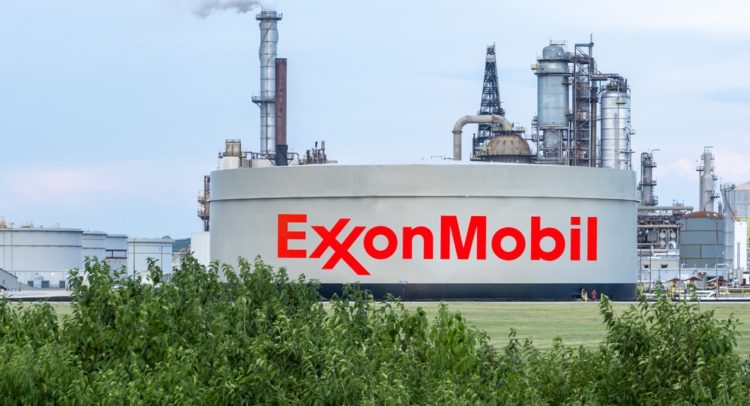Energy giant Exxon Mobil (NYSE:XOM) reiterated its annual capital expenditure (capex) budget of $20 billion to $25 billion through 2027, despite pressure from President Joe Biden to boost production to bring down prices at the pump. Biden has accused oil giants of “war profiteering” and threatened them with windfall taxes if they don’t increase production and refining capacity.
Elevate Your Investing Strategy:
- Take advantage of TipRanks Premium at 50% off! Unlock powerful investing tools, advanced data, and expert analyst insights to help you invest with confidence.
Exxon plans to double its earnings and cash flow potential by 2027 compared to 2019. Particularly, the company expects its investments in high-return, low-cost-of-supply projects to double its upstream earnings potential by 2027 versus 2019.
Exxon plans to direct over 70% of its capital investments toward strategic developments in the U.S. Permian Basin, Guyana, Brazil, and global LNG projects. Furthermore, upstream production is expected to grow by 500,000 oil-equivalent barrels (BOE) per day to 4.2 million BOE per day by 2027.
While Exxon has maintained its overall annual capex plan through the next five years, it is increasing investments in lower-emissions businesses by 15% to about $17 billion. Meanwhile, the company expects capex of $23 billion to $25 billion in 2023 (compared to $21 billion to $24 billion in 2022) to boost supply to meet global demand. Rival Chevron (CVX) expects its 2023 capex to increase by 25% to $17 billion.
Is XOM a Good Stock to Buy?
Exxon’s Moderate Buy consensus rating is based on seven Buys and five Holds. The average Exxon stock price target of $118.83 implies 13.8% upside potential. XOM stock has rallied nearly 71% year-to-date amid soaring energy prices earlier this year.
Despite Biden’s criticism, Exxon continues to use its excess profits to reward investors with dividends and share buybacks. It expects to pay dividends of $15 billion and buyback shares worth $15 billion this year. Moreover, it has expanded its share repurchase program to up to $50 billion through 2024, up from the previous limit of $30 billion.

















